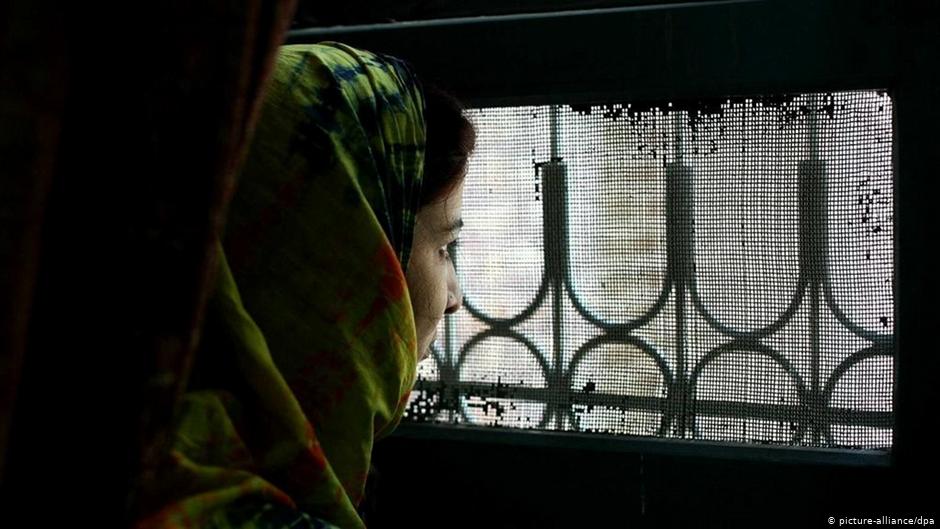Iran Kurdistan Prosecutor’s Office confirmed that a 22-year-old women was burned alive by her father in a village in Sanandaj, but called for legal action against the doctor who made the news public.
On Sunday, October 3, surgeon Iman Navabi announced on his Instagram page that a 22-year-old woman died after her father set her on fire with gasoline because she had a boyfriend.
The surgeons posted shocking pictures of the woman on social media, explaining that both hands had to be amputated after removing all burnt tissue as well. The public prosecutor of the center of Kurdistan province said that there was no private plaintiff in this incident, but nevertheless, we are investigating it immediately.
Iranian Association of Human Rights Activists news agency cited their sources as saying that after the divorce, Faezeh Maleki met a young man and they intended to marry each other, but the boy’s family opposed it. Faezeh’s father, after being dissatisfied with their relationship, set her on fire with gasoline a few days ago.
An activist group in Sanandaj today protested against violence against women and demanded an investigation into the murder and punishment of the perpetrator.
Originally tweeted by Fatemeh Karimi (@Fatemekerimi) on October 6, 2021.
The Iranian judicial system is based on Islamic law, so a father who kills his child is not considered a murderer. In fact, the father is the plaintiff under the law, and in all previous similar murders, the father has been found not guilty of premeditated murder.
The public’s reaction to this kind of news is spreading in Iran every day, however, the law and security measures both prevent the spread of protests and don’t actually punish the murderers. Nevertheless, officials have begun talking about dealing with cases, at least in speeches.
The most famous case of premeditated murder was the case of a young girl named Romina Ashrafi, whose father was acquitted of premeditated murder.
Each year, dozens of women are killed by family members in the name of honor, and the Iranian law can not protect women from violence. No exact statistics exist on the number of murders called “Femicide” or “Honor Killing” in Iran, and any published statistics in this regard are either very old or are based on scattered research, but it is estimated up to 450 cases per year.
The murder of women by male relatives for the crime of “disgracing the honor of the family” is a short definition often used of the phenomenon of “honor killings” or “femicide”. In the category of honor killings, the guilt of “murdered women” from “refusing to marry” to “suspicion of a relationship with a man” becomes unforgivable for the family and orders their murder.
For years, the bill on ensuring women’s safety in Iran has been waiting for approval by the judiciary, but has been left out of consideration for different reasons each time. It may, to some extent, protect the lives of women affected by this bill.








